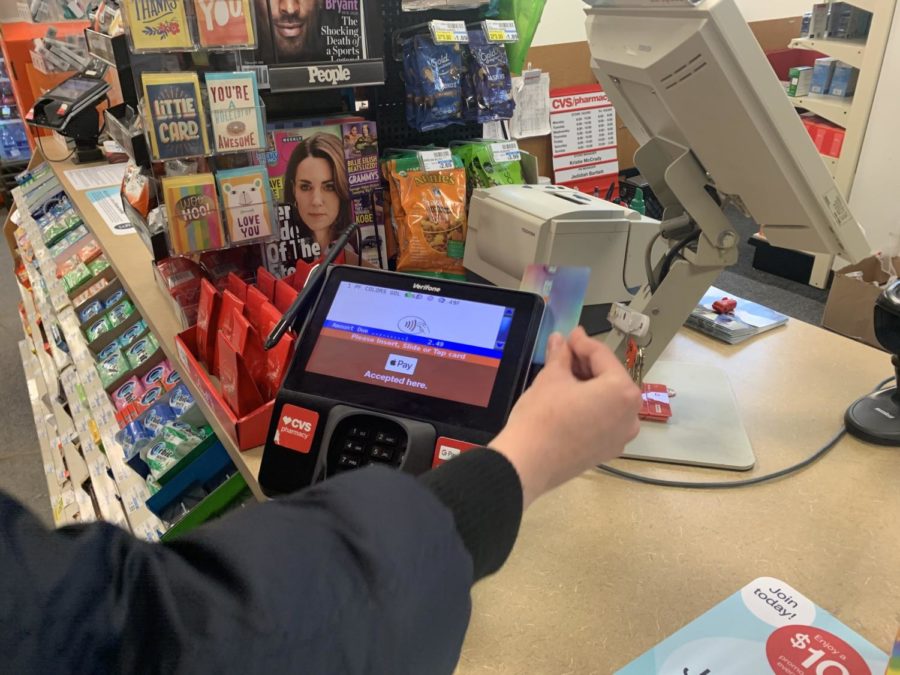Better budgeters: How students can form better money habits
Students can become better budgeters by spending less on impulse buys and saving more money instead.
February 3, 2020
Whether it’s at Barefoot or Jeff’s, students love to spend money. Convincing yourself you have food at home or don’t need another t-shirt to tailgate in almost never works. It’s good to treat yourself every once in a while, but young adults tend to impulse-buy more often than not.
Taking out loans, applying for financial aid and scholarships and potentially taking out a credit card are all financial decisions college students have to make.
“I think they should differentiate between need and want,” Shoba Premkumar, teaching professor of finance, said. “Be consciously aware of what they’re spending because with a credit card, it’s so easy to spend. It would be good for students to maintain a personal budget, be consciously aware of what they’re spending and use their credit cards wisely.”
Creating a budgeting plan with one’s money can be a smart way to start having better spending habits.
“The biggest thing when budgeting is saving with a goal in mind, know what you’re saving towards. Have some sort of goal, so you’re more driven to save,” senior Kassadi Hilton said. Hilton is a student financial aid adviser and also a member of the finance club on campus.
When it comes to loans, that word alone can cause a mix of emotion for students and parents of students alike. They’re confusing and often come with terminology nobody understands unless you’re enrolled in a business class, yet most students rely on them to get through four years of college.
“They have to make sure that they find a good balance, and one way to do that is by asking for help,” Hilton said. “Don’t be afraid to go to Beardshear and ask for help. Asking for advice is the best way to start looking for loans.”
Whether it’s advice from an adviser in Beardshear or a teller at your local bank, don’t be afraid to seek advice when taking out a loan.
Premkumar emphasizes that one of the most important things to pay attention to when looking to take out a loan are the interest rates.
In a survey done by CNBC last April, 19 percent of survey takers said their father was their financial role model. Eighteen percent responded with their mother. How can students truly “adult” by learning how to take over their finances?
“A lot of students have no clue how much they pay for cell phone or insurance or even interests on loans because their parents take care of it,” Premkumar said. “I personally think each student should take responsibility for it, even if the parents pay for it; they should know how much is going out as interest. That’s something that’s fairly important.”
A tip Hilton offers for students when looking to start taking control of their money and taking that first step to having better spending habits is to save about three to six months of your normal expenses to create a steady emergency fund. Whether you start with $20 and increase from there, this way you don’t have to fret when the unexpected happens and you’re not prepared.
Above all, both Hilton and Premkumar stress the importance of applying for scholarships. The OneApp provides a great way for students to apply for multiple scholarships with just a few essays.
“I feel that people don’t take advantage of the scholarship opportunities that there are,” Hilton said. “I think scholarships are extremely important when paying for education. You’re able to cut down quite a bit of that expense if you simply fill out a couple of essays.”







